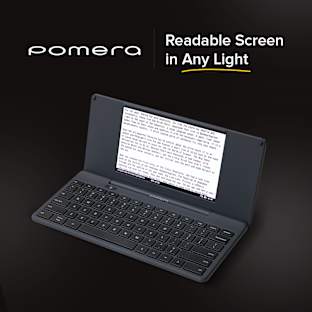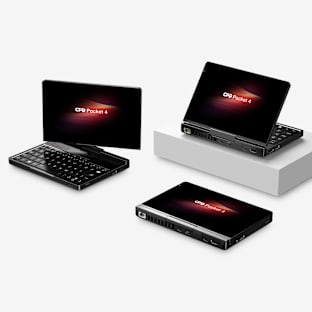Summary
I am the director of World Health Equity, an organization seeking to improve health equity for vulnerable populations. This July, I was in Sierra Leone managing our maternal health program in conjunction with international and national partners. Along with our team, I visited health providers at over 100 facilities. One day, I suddenly came
down with a fever. Within 3 hours, I went from energetically training maternal health responders to shaking and shivering violently. I was weak and my body ached to an excruciating
degree. My symptoms were typical of malaria. However, my work put me at significantly higher risk of contracting Ebola.
The two days it
took for my blood tests to process seemed to last a lifetime. As my condition
grew worse and I started to vomit, I realized that what scared me was not that
I could be awaiting death. Surprisingly I could accept that possibility. What
drove me to feel helpless and terrified, was the knowledge that if I had Ebola,
that I would die without saying good-bye to my loved ones. Diseases cost lives
every second of every day. For me, what is so ruthless about Ebola in
particular, is the way it forces victims to anticipate death, be ostracized and
feared, and remain void of human touch and personal connection. My test results
came back negative for Ebola. I had never been happier to have Malaria and to
feel the physical touch of family and friends through illness.
Today, close to 6,000 people have been infected with Ebola and over
half of them have died. If these numbers appear small and not significant, surely Centers for Disease Control (CDC) worst-case scenario
projections of as high as 1.4 million Ebola cases by January 2015 will put things into perspective. What these projections suggest, is that in two and a half short
months, populations the size of Philadelphia, Barcelona, Johannesburg could
face isolated death from Ebola. Today, weak
health systems in West Africa continue to crumble. Restrictions to travel and
trade are already causing prices for basic necessities to spike dramatically. Schools
and universities have been closed for months. Tomorrow, this outbreak could
become endemic and may literally annihilate countries! Unless we wake up and
act, that is.
What We Need & What You Get
World Health Equity aims to raise $12,500, which will go toward supplying personal protective equipment (PPE) for health workers at the 100 facilities covered in our maternal health program. Health workers who are risking their lives every day to deliver quality care for patients require protective gear such as gloves, masks and body suits to prevent infection with Ebola.
Our goal is to raise $125 per facility. $100 will fund a full body suit and supply of chlorine, $20 will fund health provider training on proper PPE and $5 will cover the cost of fundraising on Indiegogo.
If our 12,500 goal is not reached, World Health Equity will supply this greatly needed protective equipment to health centers in most need as identified by the Sierra Leone Ministry of Health.
Other Ways You Can Help
Some of you may not be able to contribute, but that doesn't mean you can't help. Just as meaningful would be making noise about this campaign. Please use the Indiegogo share tools to get the word out! We have 60 days! Help us make them count!









































